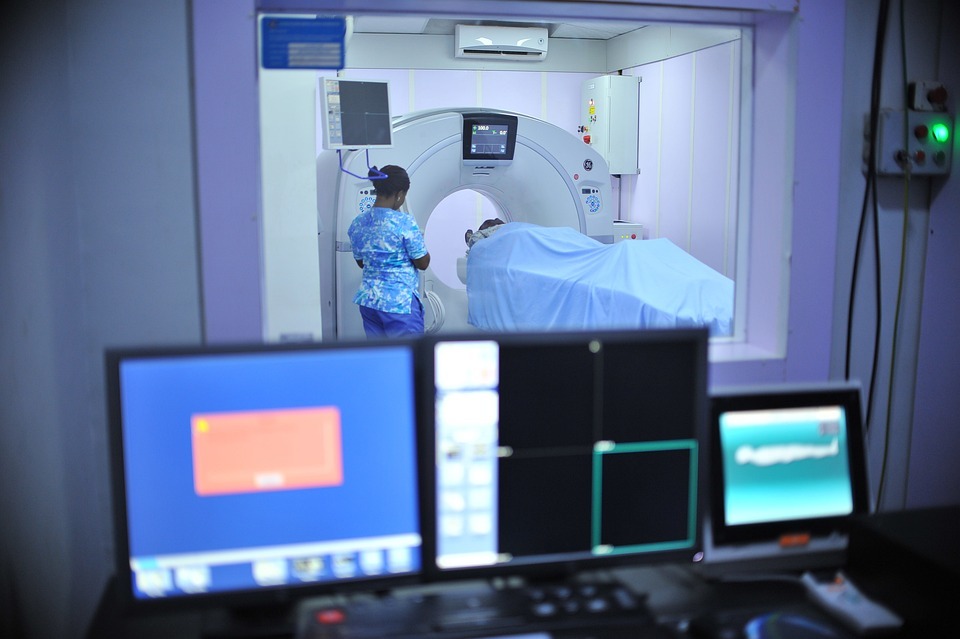Self-awareness is a critical component of effective decision-making in the realm of health tech management. In this rapidly evolving landscape, where healthcare and technology intersect, leaders must possess a deep understanding of themselves in order to navigate the complexities of the industry.
One of the key ways in which self-awareness influences decision-making is through the recognition of biases and blind spots. In the fast-paced world of health tech, where decisions can have significant consequences, it is essential for leaders to be aware of their own biases and actively work to mitigate them.
By acknowledging their biases, leaders can make more objective and informed decisions that ultimately benefit their teams and the healthcare industry as a whole. Self-awareness also plays a crucial role in understanding one's strengths and weaknesses. In health tech management, leaders are often required to make complex decisions that demand a diverse set of skills and knowledge.
By being aware of their strengths and weaknesses, leaders can leverage their strengths to their advantage and seek support or additional expertise in areas where they may be lacking. This self-awareness allows leaders to build strong, well-rounded teams that can effectively tackle the challenges of the industry. Furthermore, self-awareness can help leaders navigate the uncertainty and ambiguity that often accompanies managing health tech projects.
In a field where outcomes can be unpredictable, leaders must be able to make decisions in the face of uncertainty. By being self-aware, leaders can manage their emotions and reactions to uncertainty, enabling them to make rational and strategic decisions that drive innovation and improve healthcare outcomes. Additionally, self-awareness enhances communication and collaboration within health tech teams.
By understanding their own communication style and preferences, leaders can adapt their approach to effectively communicate with team members and stakeholders. This fosters a more collaborative and productive work environment, leading to better decision-making and ultimately, better outcomes for patients and healthcare providers. In conclusion, self-awareness is a crucial skill for leaders in health tech management.
By recognizing biases, understanding strengths and weaknesses, navigating uncertainty, and enhancing communication, leaders can make informed and effective decisions that drive innovation and improve healthcare outcomes. As the field of health tech continues to evolve, self-awareness will be a key differentiator for successful leaders in this dynamic and challenging industry.
One of the key ways in which self-awareness influences decision-making is through the recognition of biases and blind spots. In the fast-paced world of health tech, where decisions can have significant consequences, it is essential for leaders to be aware of their own biases and actively work to mitigate them.
By acknowledging their biases, leaders can make more objective and informed decisions that ultimately benefit their teams and the healthcare industry as a whole. Self-awareness also plays a crucial role in understanding one's strengths and weaknesses. In health tech management, leaders are often required to make complex decisions that demand a diverse set of skills and knowledge.
By being aware of their strengths and weaknesses, leaders can leverage their strengths to their advantage and seek support or additional expertise in areas where they may be lacking. This self-awareness allows leaders to build strong, well-rounded teams that can effectively tackle the challenges of the industry. Furthermore, self-awareness can help leaders navigate the uncertainty and ambiguity that often accompanies managing health tech projects.
In a field where outcomes can be unpredictable, leaders must be able to make decisions in the face of uncertainty. By being self-aware, leaders can manage their emotions and reactions to uncertainty, enabling them to make rational and strategic decisions that drive innovation and improve healthcare outcomes. Additionally, self-awareness enhances communication and collaboration within health tech teams.
By understanding their own communication style and preferences, leaders can adapt their approach to effectively communicate with team members and stakeholders. This fosters a more collaborative and productive work environment, leading to better decision-making and ultimately, better outcomes for patients and healthcare providers. In conclusion, self-awareness is a crucial skill for leaders in health tech management.
By recognizing biases, understanding strengths and weaknesses, navigating uncertainty, and enhancing communication, leaders can make informed and effective decisions that drive innovation and improve healthcare outcomes. As the field of health tech continues to evolve, self-awareness will be a key differentiator for successful leaders in this dynamic and challenging industry.



